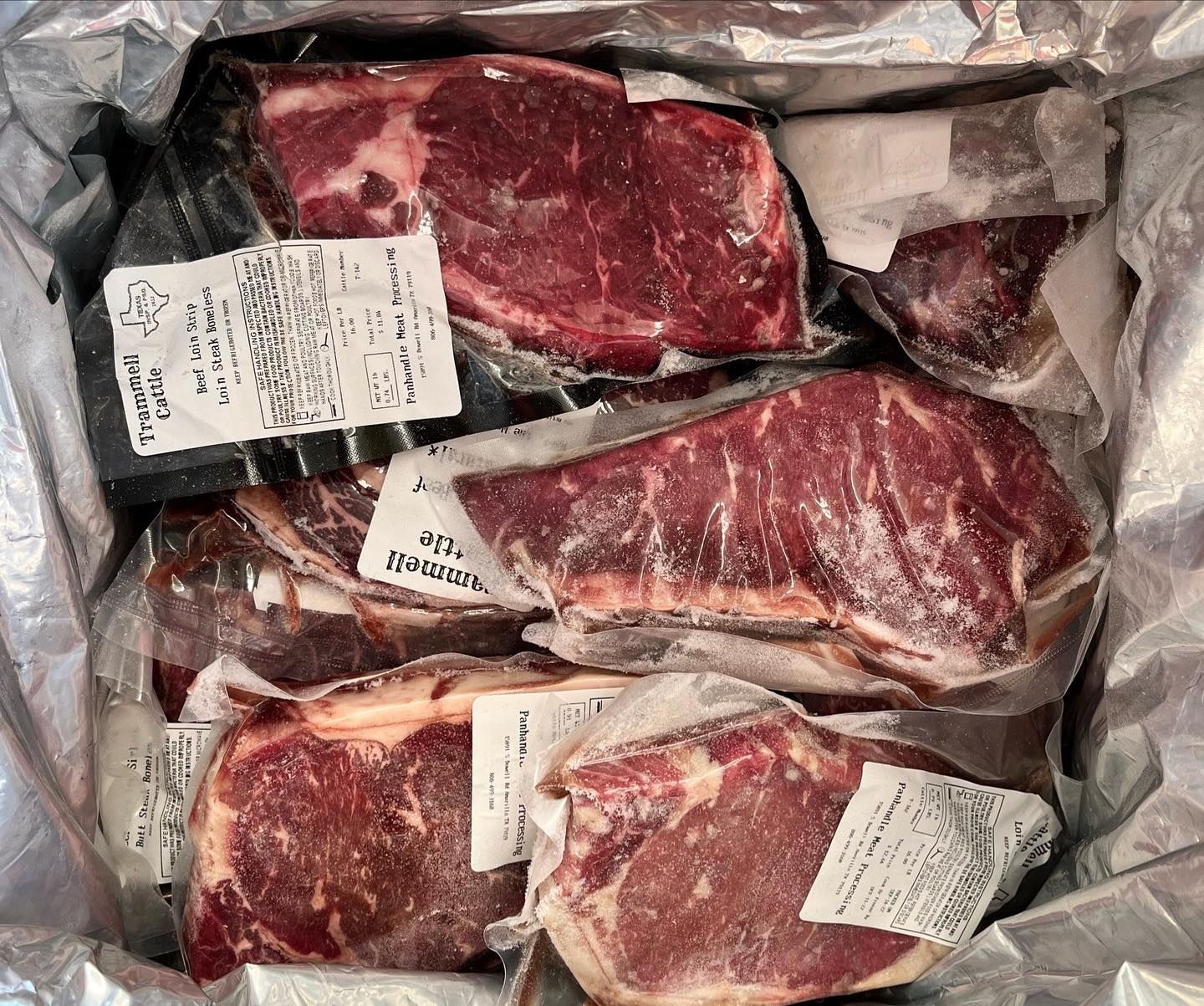In the open plains of Amarillo, Texas, Justin Trammell has built more than just a farm — he’s created a legacy.
Tir Bluen, which he founded in 2013, is a symbol of his deep connection to family, heritage, and a vision for sustainable agriculture. With his father, Donnie, Justin transformed a small operation into a thriving business that not only feeds communities but honors generations of farming tradition.
Tir Bluen, Welsh for “Featherland,” reflects Justin’s heritage. His Welsh ancestors, who arrived as indentured servants, and his father’s Oklahoma homesteading family shared a long legacy of working the land. Inspired by stories from his great-grandmother’s farm, Justin always felt a pull toward farming. Though many told him farming was no longer a viable career, his studies in wildlife biology shifted that perception. Through his work with nonprofits like Ogallala Commons, which focuses on small Great Plains communities, Justin saw that family farming could still thrive by going direct-to-consumer.

While many view wildlife and agriculture as opposing forces, Justin learned to bridge the gap between them. His background in wildlife biology exposed him to innovative farming models that balance environmental stewardship with profitability. Tir Bluen embodies this approach, blending old-world farming traditions with sustainable practices.
Starting with just three acres, Justin’s vision for Tir Bluen quickly grew. The farm now operates four Rancher Storefront locations, processes its own chickens, and manages a food truck. Justin and his father, Donnie, also co-own Panhandle Meat Processing, which handles beef and other meats raised on the farm, along with sourcing seafood for their storefronts.

But as the business grew, so did the challenges.
Justin initially funded much of the business himself but needed additional resources to scale. His model, blending retail and agriculture, didn’t fit conventional lending criteria. After traditional banks rejected him, Justin found himself at a crossroads. Undeterred, he sought out alternative solutions and was referred by Amarillo nonprofit Square Mile to the Entrepreneurship Team at Communities Unlimited (CU).
That was Tir Bluen’s turning point.
Katy Parrish, a Management Consultant with CU’s Entrepreneurship Team, created a set of financial projections for Justin and got his business loan-ready. She then referred him to CU’s Lending Team, where he worked with Area Director Debra Williams to secure a loan in August 2024, with funding provided by the Amarillo Area Foundation.
This support allowed Tir Bluen to expand its infrastructure, build new facilities for raising chickens, and purchase more livestock.
“Communities Unlimited looked at our business objectively and saw the potential. Katy asked a lot of good questions, and she took the time to come and see our operations. At that point, it wasn’t just a concept. Everything was already working. We just needed a little more support to take it to the next level.”
— Justin Trammell, Owner of Tir Bluen
The loan made a significant impact, Justin said. Before securing it, Justin faced constant cash-flow challenges, making tough decisions about what he could afford each week. Now, he can focus on long-term growth without worrying about immediate costs.
“I can buy what I need — whether it’s feed, chicks, or construction materials — without having to stretch every dollar,” he said. “That’s allowed me to keep things moving forward.”
After being turned down by over a dozen financial institutions, CU’s support gave the farm the momentum it needed to reach new heights.
“It was refreshing to be treated with respect and seen for the potential we had. Overall, it was nice working with Communities Unlimited.”
— Justin Trammell
Beyond financial stability, Tir Bluen allows Justin to spend more time with his children. Additionally, seeing the results of his selective breeding, including developing a hog breed that thrives in the Panhandle, has been incredibly rewarding to Justin.
Looking ahead, Justin sees continued growth for Tir Bluen, ensuring that the farm remains a legacy for future generations of Trammell’s.

